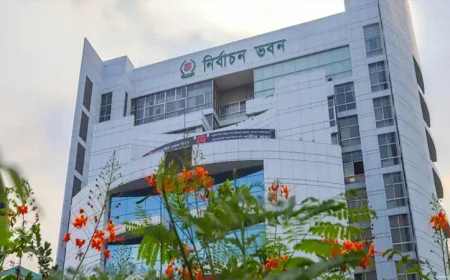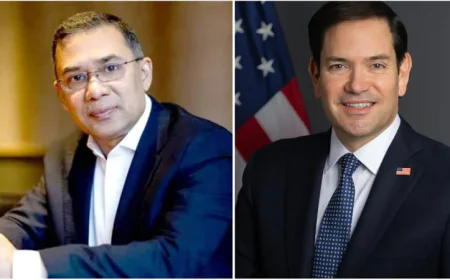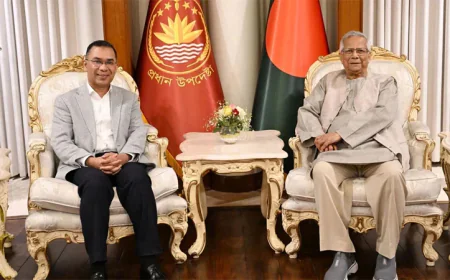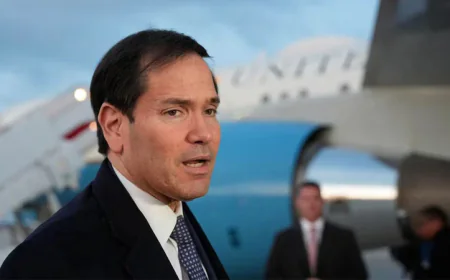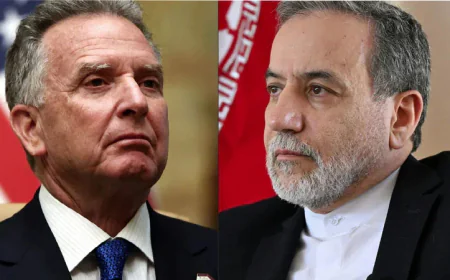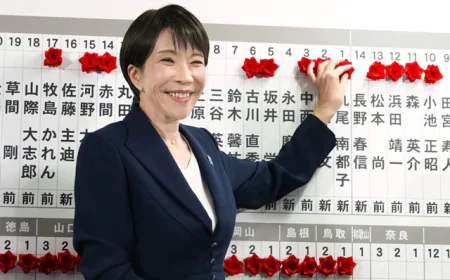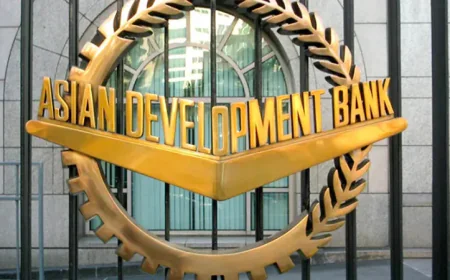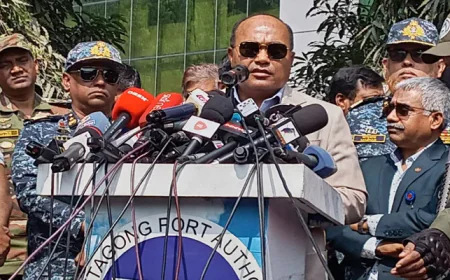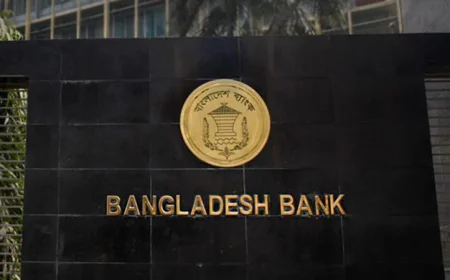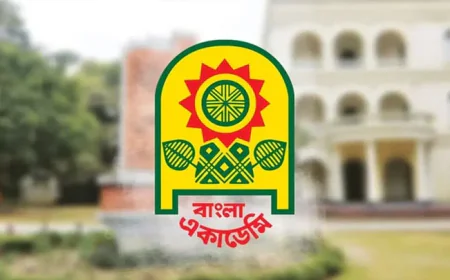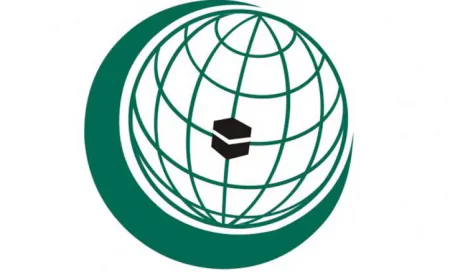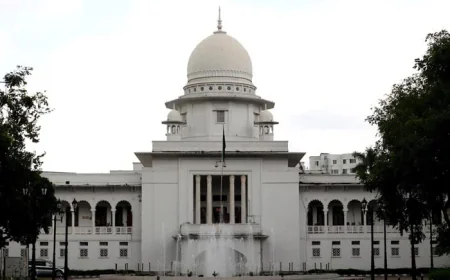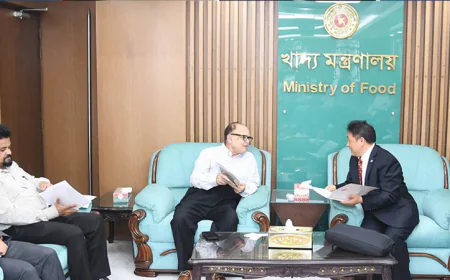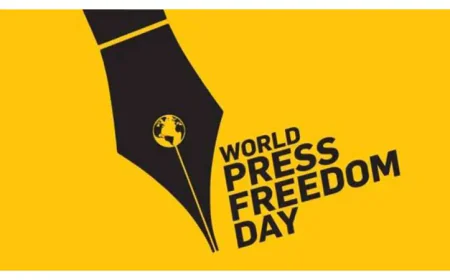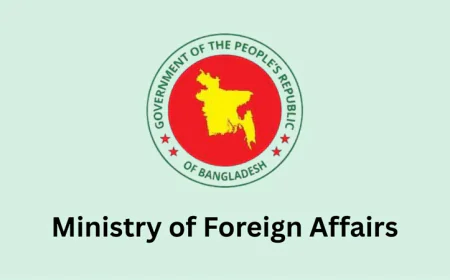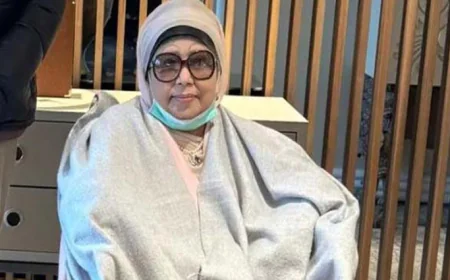NBR Staff Protest Ordinance with Pen-Down Strike
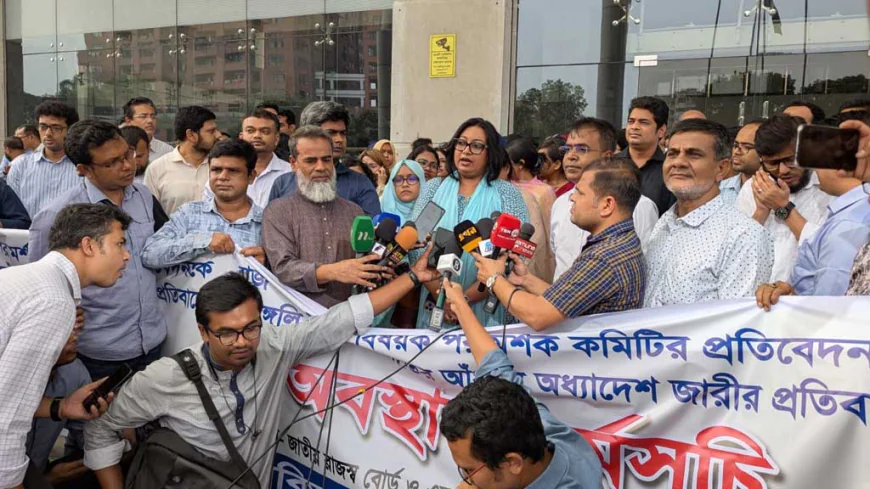
The NBR Reform Unity Council, a platform of tax officials, has called for a three-day pen-down protest, demanding the repeal of the ordinance that splits the National Board of Revenue (NBR) into two divisions.
Customs and income tax officials announced the protest programme during a pre-scheduled sit-in at Agargaon in Dhaka on Tuesday.
They said the work stoppage would be observed across all tax zones, value-added tax (VAT) commissionerates, and customs stations nationwide.
International passenger handling, export processing, and budget-related tasks will remain outside the scope.
Additional Commissioner (Customs and Excise) Sadhan Kumar Kundu, speaking on behalf of the council, said the non-cooperation will be enforced from 10am-1pm on Wednesday, and from 10am-3pm on Thursday and Saturday.
The interim government issued the ordinance on Monday night, following draft approval by the Advisory Council on Apr 17.
It bifurcates the NBR into a Revenue Policy Division and a Revenue Administration Division.
Despite plans for a swift rollout, the draft ordinance faced backlash once it was published online.
Officers from the Income Tax and Customs cadres voiced strong objections, with their associations calling for the ordinance to be revoked.
According to Clause 4(4) of the ordinance, positions within the Revenue Policy Division will be filled by officers with expertise in tax, customs, VAT, economics, business administration, research, statistics, administration, audit, and law.
It adds “assessment of tax law enforcement and revenue collection trends” to the mandate of the Revenue Policy Division.
The ordinance also stipulates that public servants with experience in revenue collection will be given preference for the role of secretary in the Revenue Administration Division.
Administrative posts in this division may be filled by officers from the Income Tax, Customs, and Administration cadres.
Currently, the top NBR positions are occupied by BCS (Tax) and BCS (Customs & Excise) cadre officers, which align with their designated roles.
The ordinance allows for the appointment of any “suitably qualified government officer” as secretary of the Revenue Policy Division.
It adds that with the dissolution of the NBR, its existing personnel will be absorbed into the Revenue Administration Division. The structure of both new divisions will be defined through future government notifications.
LONG-STANDING PUSH FOR REFORM
The idea of separating revenue policy from revenue administration is not new. The International Monetary Fund (IMF) first proposed the reform in 1993.
The World Bank echoed the call during the military-backed caretaker government in 2007, though the plan never progressed significantly.
In recent years, business leaders, macroeconomic analysts, and international development partners have increasingly advocated for structural reform of the NBR, recommending a clear split between policy-making and administration.
Following the political transition on Aug 5, 2024, the interim government initiated a broader reform agenda.
As part of this, the Internal Resources Division (IRD) formed a five-strong advisory committee to reform the NBR.
The committee included two former NBR chairmen from the Administration cadre, as well as two former members from the Tax and Customs cadres with experience in policy and revenue collection.
In December, the committee submitted a report to the finance advisor recommending the creation of separate divisions for Revenue Policy and Revenue Administration.

